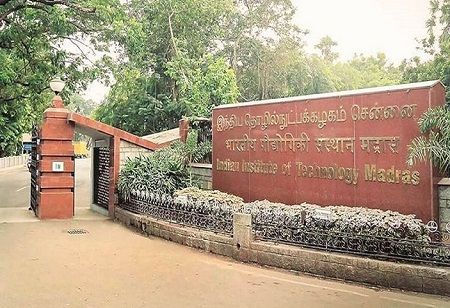The Indian Institute of Technology Madras (IIT Madras) Energy Consortium and Shell India have launched the ‘Shell IITM Centre for Energy Research’ (SICER). The inauguration took place at the Shell Technology Centre in Bengaluru, marking a significant step in academic and industry collaboration.
SICER will operate for five years, focusing on innovation, research, development, piloting, and commercialization of energy sector technologies. This collaboration aims to tackle critical challenges and opportunities in energy transition through joint research. It will also support the incubation of energy start-ups by leveraging IIT Madras's start-up ecosystem and include the Shell Chair Professorship to facilitate knowledge exchange between Shell and IIT Madras. Shell will continue participating in the Energy Consortium as part of this partnership.
Dr. Ajay Mehta, VP of Engineering Technology at Shell, emphasized the importance of this partnership, stating, “We are proud to expand our collaboration with IIT Madras through SICER, which showcases our commitment to fostering open innovation, research, and technology development in the energy transition. Our past R&D projects with IIT Madras have been successful, and this new initiative will further enhance our ability to share knowledge and resources. By leveraging IIT Madras's expertise, R&D facilities, and innovation ecosystem, we aim to address one of the world's critical challenges – the energy transition.”
Dr. Satyanarayanan Seshadri was named the first Shell Chair Professor at IIT Madras. He is the Head of the Energy Consortium at IIT Madras and a faculty member in the Department of Applied Mechanics and Biomedical Engineering. His extensive expertise will be crucial in guiding the new centre's research activities and fostering academia-industry collaboration.
Dr. Seshadri expressed his commitment to the role, stating, “As the Shell Chair Professor, I am honoured to lead SICER’s research efforts. Our mission is to maximize the potential of our partnership by leveraging shared interests in R&D and start-up incubation, while actively seeking new collaboration opportunities.” This initiative is expected to significantly advance energy research and innovation, fostering strong collaboration between academia and industry.

